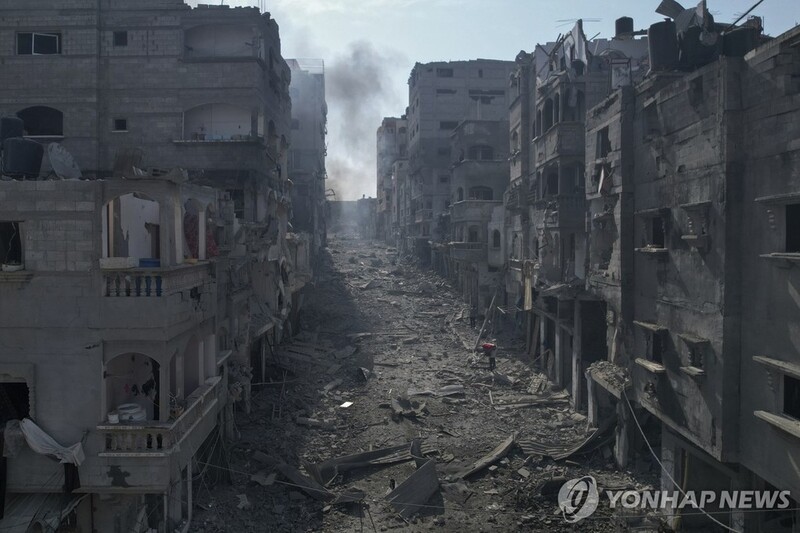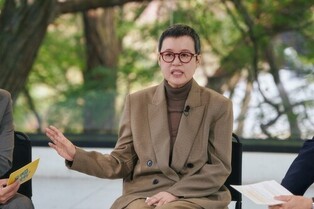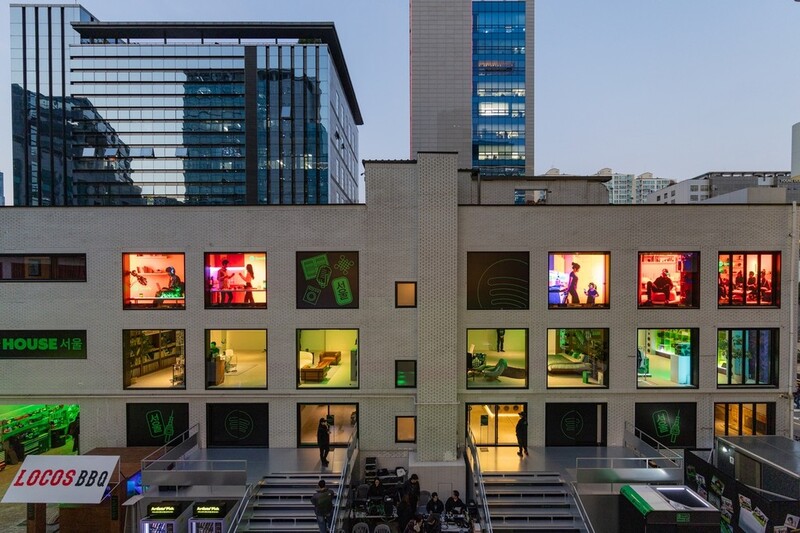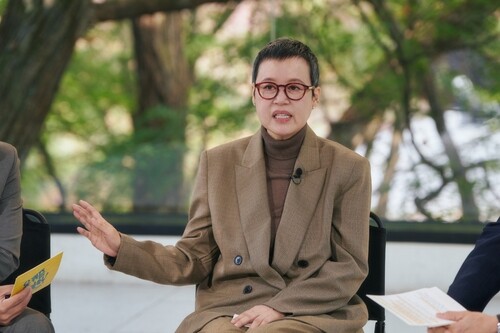 |
| ▲ This AP photo shows buildings in ruins in Jabalia, north of Gaza City, on Oct. 11, 2023, after an attack by Israeli forces in the escalating conflict sparked by the surprise weekend attack by the Palestinian Islamist group Hamas. (Yonhap) |
expert-Israel-Hamas conflict
Israel-Hamas clashes may augur change in U.S. focus on Indo-Pacific: expert
By Kim Seung-yeon
SEOUL, Oct. 12 (Yonhap) -- The escalating conflict between Israel and the Hamas militant group may portend a shift in U.S. policy focus back to the Middle East from the Indo-Pacific, a South Korean expert on the Arab region said Thursday, calling for Seoul to work in solidarity with the international community over the issue.
In Nam-sik, a director general at the Institute of Foreign Affairs and National Security, a think tank affiliated with the foreign ministry, made the case, taking note of South Korea's planned role as a nonpermanent member of the U.N. Security Council starting next year for two years.
"Especially given that we are about to enter the U.N. Security Council as a nonpermanent member next year, it is right to put our heads together on these issues on the multilateral stage and coordinate our stance with the international community," In said in a seminar hosted by the think tank.
"Although we're not a direct party to the issues, we need to make our principles clear that we stand with the international community to prevent the vicious cycle of this kind of tragedy," In said.
The Israel-Hamas clashes, which began with the surprise incursion by the Islamist militant group into Israel last Saturday, are turning into a full-blown war with Israel hitting back with air strikes on the Palestinian-controlled Gaza Strip and Hamas threatening further offensives.
The death toll has reached more than 2,000 in total from both sides, with thousands wounded.
As a Middle East expert, In said there is a growing possibility of Washington reverting its diplomatic focus to the Arab region from the Indo-Pacific, or keeping China in check.
"What stopped the U.S. from moving away from the Middle East in its Rebalance-to-Asia policy during the Obama administration was the assassination of its top envoy in Libya," In said. "They could think that they sense a 'deja vu' in this.
"The fatigue from the European front (in Ukraine) and the Israeli-Palestinian front are increasing. ... It remains to be seen how much (the U.S.) can maintain its strategic interest in the Asia-Pacific region."
(END)
(C) Yonhap News Agency. All Rights Reserved























